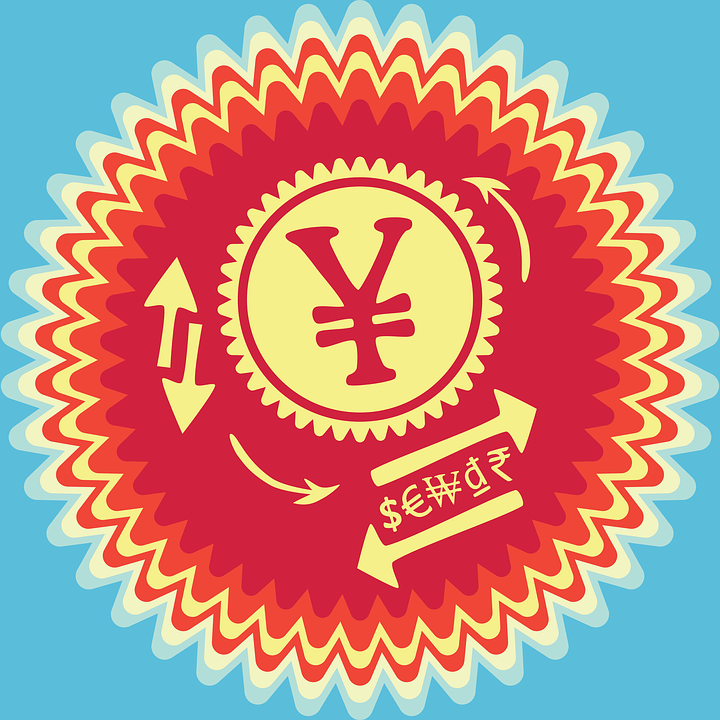Yuan vs. Renminbi: What’s the Difference?
Last Update: June 15th, 2020
Until two decades ago, not many ordinary people knew or were interested to know what the Chinese currency is. China was a big exporter, so major importers in the rest of the world were in contact with the Chinese currency, but in the last decade or so, China has become a superpower. Now, everyone has some goods produced in China in their homes and all countries in the globe are doing business with China. So, many people are sort of familiar with the Chinese currency, especially after the current US President Donald Trump bashed China during his campaign for manipulating the Chinese currency, which makes Chinese goods really competitive with goods produced in the West in terms of price and that is true to some extent.

Renminbi Vs Yuan
The Chinese currency is becoming an increasingly powerful international currency, but, despite all that, people still can’t tell the difference between the Renminbi RMB and the Chinese Yuan CNY or, as it is abbreviated in Hong Kong, CNH. To cut it short, there is no difference in value between the Renminbi and the Yuan. They’re the equivalent of the British Pound GBP and the Sterling £. Although it terms of expression there is a distinction: while Renminbi is the official currency of China where it acts as a medium of exchange and is considered as simply money, the yuan is the unit of account of the country’s economic and financial system and is used when money is considered in terms of quantity.

Renminbi as Money Domestically
The Renminbi is like the name of the People’s Republic of China. It is considered the “People’s Currency” It was issued by the People’s Bank of China and was introduced by the communist government of the PRC for the first time as the official currency in 1949. Although as explained above, Renminbi is simply referred to as money when spoken of domestically in China. A good example is when people refer to rich people, as in, they have a lot of money. But, when speaking of a certain amount, you have to express it in Yuan. So, the Renminbi is a Medium of Exchange. But it should have lost its viability at some point. When money, as represented by a currency, is no longer viable as a medium of exchange, its monetary units can no longer be accurately valued. Consumers lose their ability to plan budgets, and there is no longer a way to measure supply and demand accurately.
Yuan As An Unit of Account and As Money Abroad
In contrast to the Renminbi which is considered as a medium of exchange, the Yuan is the Unit of Account for the Chinese currency. A unit of account, also called numeraire, is an accounting or economic term that represents a unit of the Chinese currency, in which prices are measured. A unit of account is the base value for the entire index or market of a currency. The USD used to be the unit of account for an ounce of Gold, at the value of $35. All/most of the other currencies expressed their value in regard to the USD. The USD is still the unit of account for most commodities, most notably Crude Oil, which is always expressed in US dollars. Below is an example of the difference between the Yuan and the Renminbi when people in China refer to them in everyday life.

Example:
Client: How much money/renminbi does a bottle of water cost?
Shop Owner: The bottle of water costs 3 yuan (which is similar in value to 50 cents/pence).
Client: I see, here is the money/renminbi (offering a 5 yuan bank note)
Shop Owner: Here is 2 yuan back, thank you
Although, the Yuan has a broader use/reference than the Renminbi, since it is also the international medium of exchange and the unit of account for the Chinese economy. This is also primarily due to foreigners not being very accustomed to the Chinese currency, therefore they cut it short as we did in the beginning of this article and only use the Yuan for everything, since it is simpler to measure and compare prices. In Hong Kong, the yuan is abbreviated as the CNH, while in the rest of the world it is known as the CNY. With the Chinese economy increasing in size and its share in the total global GDP increasing continuously by a satisfying pace, the Chinese currency is becoming one of the major international currencies and in this case, it is the Yuan which takes the main spot.




